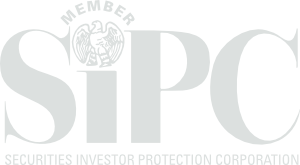Board Dysfunction and the CEO

Board Dysfunction and the CEO
By: Arnold Freedman and Oded Ben-Joseph
Board dysfunction is rampant in the life science sector. Boards often consist of venture capital firms and other investor type with diverging agendas and, often-times, directors have little understanding of the scientific, developmental and operational challenges facing the company. Few directors have operational experience and expertise in building companies. Consequently, we see time and again that Boards are just as likely to mis-align the company to its market segment as management.
A clear understanding of the various drivers and incentives at the board level is key, but most important is the simple realization that, as CEO, you cannot please everybody; CEOs should thus manage, not be managed. Difficult boards are the rule, rather than the exception. As such, CEO requirements extend far beyond mere operational and strategic aptitude. They also require the ability to manage and navigate often opposing forces. In truth, weak management plagues the life sciences sector, and board dysfunction is prevalent.
As a rule of thumb, we believe that the Board should consist of two key stakeholders: Investors, who have the financial ability to support the company over the long run, and industry experts, who could provide management with domain expertise, external perspective, as well as a deep network directly relevant to the company’s core business. We often encounter Board members that do not fall into either of these broad categories. As their contribution toward the development of the company is likely to be minimal, those individuals should be avoided.
News
Outcome Capital Launches the First Dedicated Ophthalmology Practice to Address the World’s Leading Cause of Disability
Appoints Paul Ryb Managing Director to Lead Firm’s Expansion BOSTON – July 8, 2025 – Outcome Capital, LLC, a highly specialized life sciences and healthcare advisory and investment banking firm, today announced that Paul Ryb has been appointed Managing Director and will lead the firm’s dedicated ophthalmology practice, providing strategic guidance, transactional support, and advisory […]
Read MoreResources

Outcome Capital Life Science Market Pulse, May 2025
Outcome Capital Life Science Market Pulse May 2025 Click to view our LifeSciences Pulse Newsletter
DownloadContact Us for More Information
Would you like to learn more about working with Outcome Capital or discuss your specific needs?


